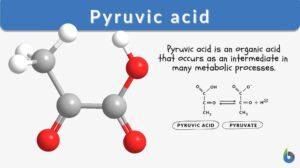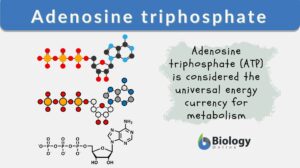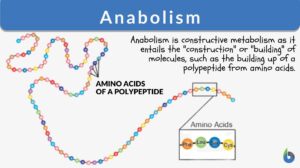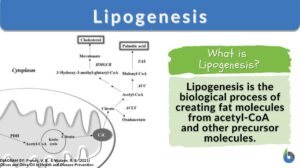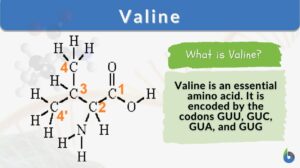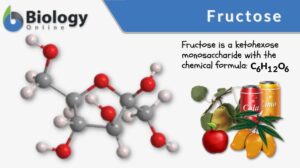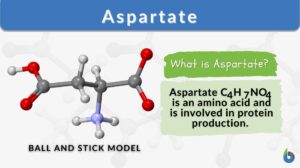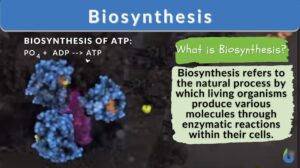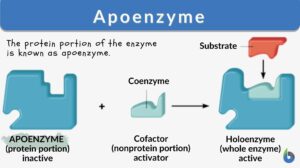Search Results for: pyruvate
Pyruvic acid
What is Pyruvic Acid? Pyruvic acid is an organic acid that occurs as an intermediate in many metabolic processes. It occurs... Read More
Glycolysis
What is Glycolysis and Why is it Important? Glycolysis is a metabolic pathway by which the 6-carbon molecule of glucose is... Read More
Fermentation
Fermentation Definition What is fermentation? Fermentation is the breaking down of sugar molecules into simpler compounds... Read More
Cellular respiration
Cellular Respiration Definition What is cellular respiration in simple terms? Cellular respiration can be defined simply as... Read More
Krebs cycle
Krebs cycle, also known as the citric acid cycle or tricarboxylic acid (TCA) cycle, is a fundamental metabolic pathway that... Read More
Anaerobic bacteria
Bacteria are classified according to the need for oxygen to survive and grow. For example, aerobic bacteria are bacteria... Read More
Protein Activity and Cellular Metabolism
Protein Binding Sites The ability of various molecules and ions to bind to specific sites on the protein surface forms the... Read More
Carbohydrate
Carbohydrate Definition A biomolecule refers to any molecule that is produced by living organisms. As such, most of them... Read More
Anaerobic respiration
Anaerobic Respiration Definition What is anaerobic respiration? Anaerobic (cellular) respiration is a respiratory process... Read More
Embden-Meyerhof-Parnas pathway
Definition noun A glycolytic pathway whereby glucose is metabolized and converted ultimately to pyruvate, and results in a... Read More
Adenosine triphosphate
Adenosine Triphosphate Definition noun plural: adenosine triphosphates (biochemistry) An organic compound that is... Read More
White adipose tissue
Definition noun, plural: white adipose tissues A type of adipose tissue found in mammals used to store energy and acts as... Read More
Gluconeogenesis
Definition noun The metabolic process in which glucose is formed from non-carbohydrate precursors Supplement Glucose is an... Read More
Chemiosmosis
Chemiosmosis Definition What is chemiosmosis? In biology, chemiosmosis refers to the process of moving ions (e.g. protons)... Read More
Lipogenesis
Lipogenesis Definition Lipogenesis is the process of producing lipid or fat to store biochemical energy for later metabolic... Read More
Citric Acid Cycle
Definition noun (1) A cycle of reactions catalyzed by enzymes in which pyruvate derived from nutrients and converted to... Read More
Guanosine diphosphate
Definition noun plural: guanosine diphosphates (biochemistry) A nucleotide made up of guanine, ribose, and two phosphate... Read More
Mitochondrial DNA – hallmark of psychological stress
We often hear that stress can be unsettling as it could make us ill when it becomes chronic and overwhelming. However, is... Read More
Lock-and-key model
Lock-and-key model Definition Lock-and-key model is a model for enzyme-substrate interaction suggesting that the enzyme and... Read More
Fatty acid
Definition noun plural: fatty acids'' fatty acid, ˈfætɪ ˈæsɪd Any of the group of a long chain of hydrocarbon... Read More
Biosynthesis
Biosynthesis Definition Biosynthesis refers to the production (synthesis) of a complex chemical compound from simpler... Read More
Metabolism
Metabolism Definition What is metabolism in the body? Metabolism encompasses the various biochemical processes, reactions,... Read More
Clostridium tetani
Definition noun An obligate anaerobic rod shaped and gram-positive bacterium which appears to looks like a drumstick that is... Read More
Bacillus megaterium
Definition noun An endospore forming rod-shaped bacterium recognized as an endophytes involved in the production of various... Read More
Carbon fixation
Carbon Fixation Definition We know that the earth contains many elements. The periodic table shows us just how many... Read More

